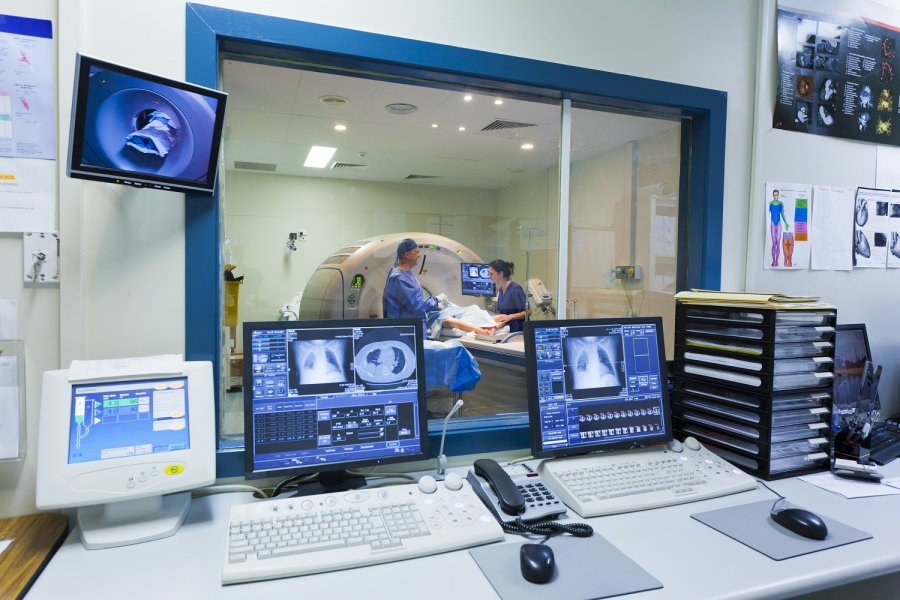Over the weekend, people and governments all over the world scrambled to contain the effects of a mass cyberattack that struck on Friday. The cyberattack, which targeted vulnerable computer systems by using a ransomware virus dubbed "WannaCry," locked and encrypted the data on infected computers and demanded payments of at least $300 in Bitcoin (BTC) in order to access data. The cyberattack has affected over 200,000 entities in 150 countries. Fortunately, a random researcher accidentally stumbled upon a solution to help stop the spread of "WannaCry." Yet the threat continues.
By exploiting a vulnerability in older versions of Microsoft's Windows operating system, the cyberattackers infected computers in Russia, Ukraine, India, China, Spain, France, the United Kingdom, and other countries, as well as global companies like Fedex

The unlikely 22-year-old hero who helped stop "WannaCry" from spreading is an anonymous British researcher. They go by the name "MalwareTech" and noticed an unregistered domain name in the ransomware. So they bought the domain for $10.69 and pointed it to a sinkhole, a server that analyzes malware traffic. But then they noticed that the domain was a kill switch that allowed one to control the ransomware. Registration of the domain stopped subsequent infections. Another cybersecurity researcher noted that the party responsible for the cyberattack acted in an amateur way due to the kill switch's implementation. But "MalwareTech" only stopped one version of "WannaCry"; other versions are still infectious and continue to spread.
Microsoft

Although the cyberattack's perpetrators have yet to be identified, they apparently stole and used malicious software from the US National Security Agency (NSA) to implement the cyberattack. Thus, cybersecurity experts have blamed the NSA for not revealing about 10 percent of discovered vulnerabilities. The total ransom amounts are low, but the cyberattack has already cost millions in economic damage. People around the world are hoping that this stressful and disastrous criminal episode will be solved soon and hopefully prevented in the future.
The author does not hold any positions in any of the securities above.



















